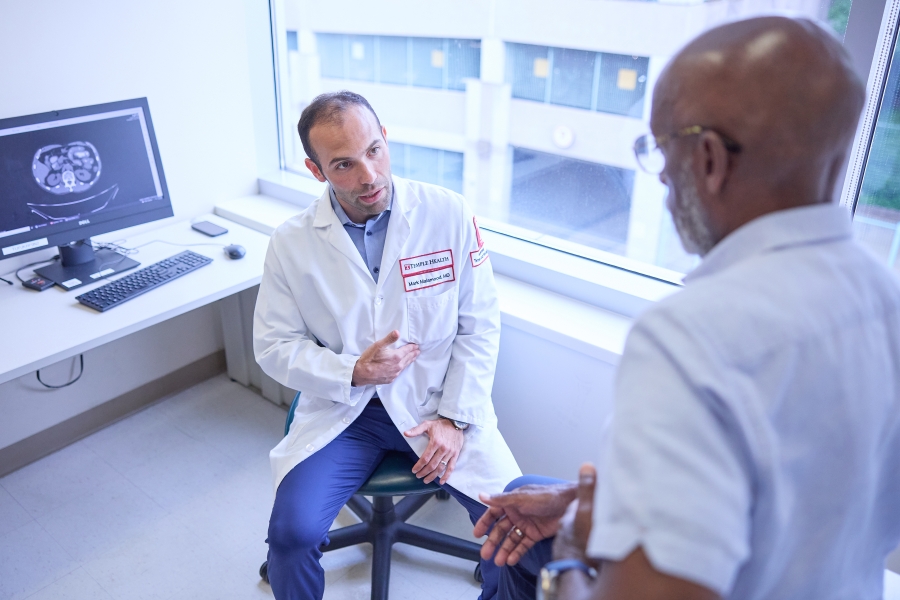There has been a lot of excitement recently about the relationship between the microenvironment of the intestines - the bacterial flora - and gastrointestinal health. Orally ingested bacteria that positively contribute to bacterial flora are known as probiotics.
Let's take a step back for a moment. Why do bacteria live in the GI system to begin with? Actually, some bacteria contribute to major functions, including absorbing nutrients and improving immune function. At times, bacterial flora can become disrupted, causing an imbalance of helpful bacteria and those that may cause symptoms.
Probiotics were engineered to include bacteria that promote a healthy balance in the intestines, and can even be used to treat some common disorders. Examples of good bacteria include Lactobacillus, Bifidobacterium, and even some yeasts such as Saccharomyces. When considering using probiotics, it is important to check with your gastroenterologist to help identify the proper organism for the desired benefit.
Recent clinical studies have investigated the use of probiotics in the prevention and treatment of various GI disorders, including multiple types of diarrhea and irritable bowel syndrome. Infectious diarrhea is defined as more than three episodes daily for less than 14 days. It may be accompanied by nausea, vomiting, and cramping. Randomized controlled studies have shown that Saccharomyces boulardii reduces the duration of the illness. In addition, using Lactobacillus to treat traveler’s diarrhea can lead to a reduction in risk. Other studies have shown the benefit of using probiotics to prevent infectious diarrhea from even occurring.
Antibiotics are prevalent in today's society, and their use is a very common cause of diarrhea. The frequency of this occurring has a very broad range, from 2% up to 25%! Saccharomyces boulardii was examined and demonstrated a significant reduction in the incidence of antibiotic-associated diarrhea. Prophylactic probiotic therapy has also been looked at with C. Difficile- associated diarrhea, and may offer promise as an adjunctive therapy. This is a very important topic to talk about with your gastroenterologist.
Finally, a few recent studies using Bifidobacterium infatis have demonstrated alleviation of irritable bowel syndrome symptoms, a non-infectious functional bowel disorder. These studies showed improvement in abdominal discomfort, bloating, and bowel movement difficulty when compared to a placebo.
The intestinal microenvironment and bacterial flora play an important role in many GI disorders. Probiotic therapy may promote intestinal health and help to manage or prevent some common symptoms. Some of the benefits are specific to various strains of bacteria, and it is important to discuss with your gastroenterologist which option may be the best fit for you!
The information on this Site is for informational purposes only and is not intended as a substitute for medical professional help, advice, diagnosis or treatment. Always seek the advice of your physician or other qualified health care provider with any questions that you have regarding your medical care. For more information, see our Terms of Use.
